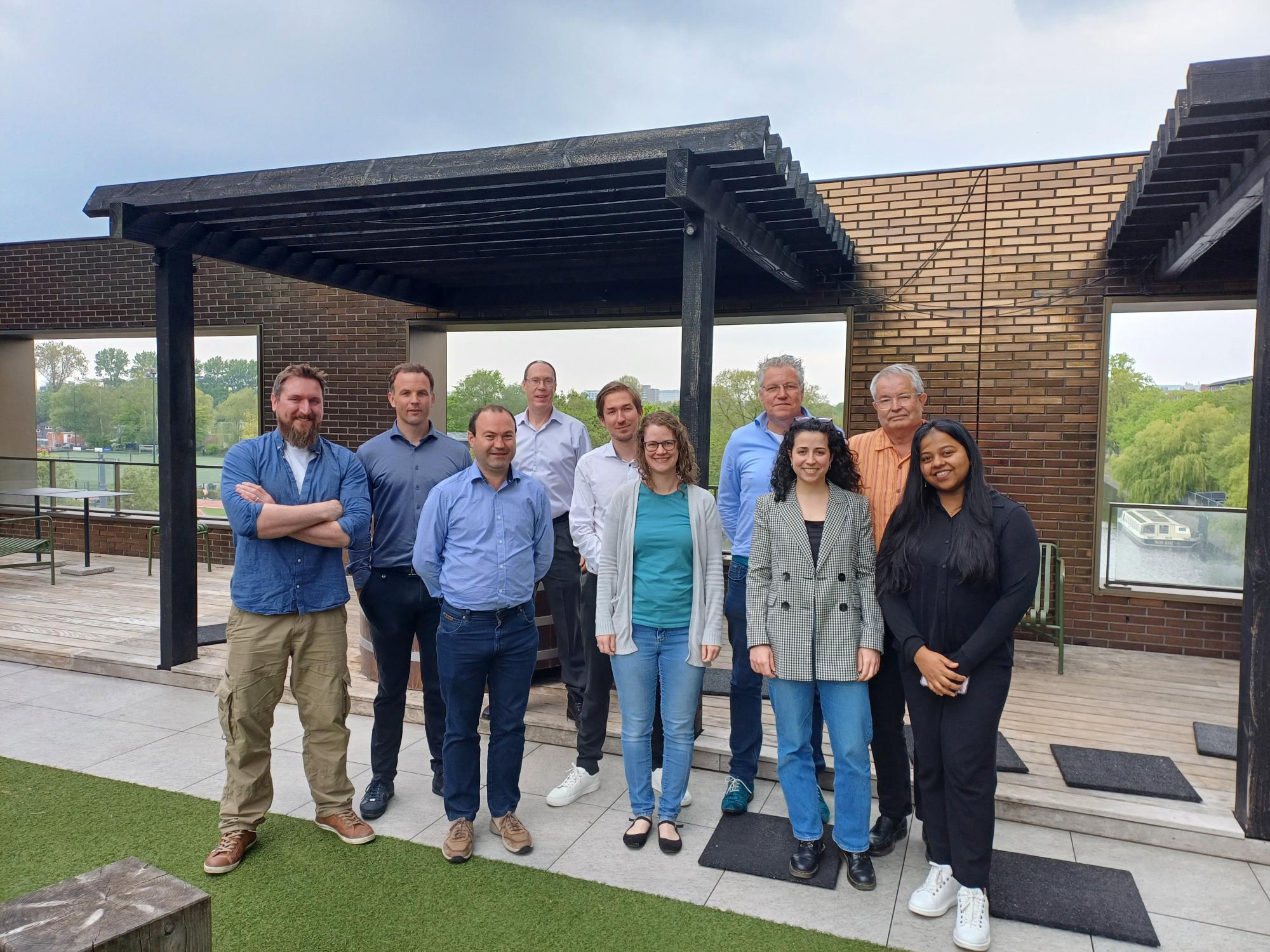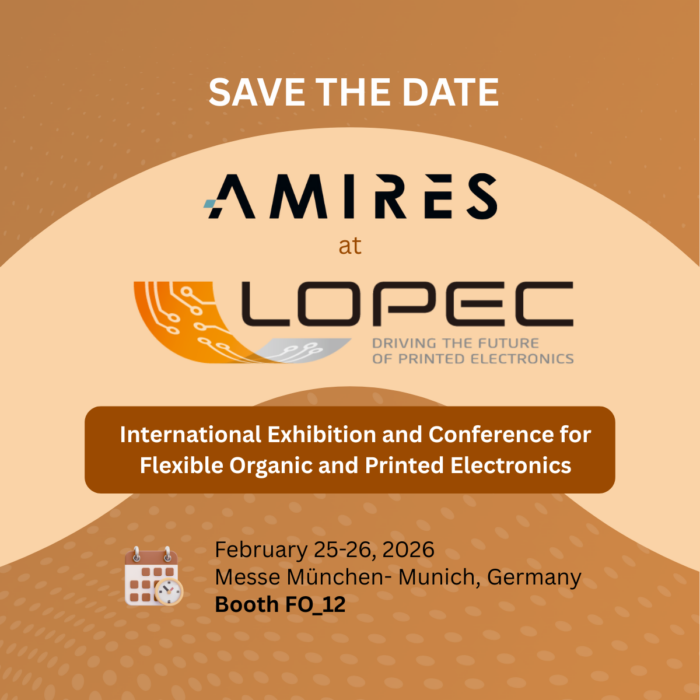eCAP antenna shows great potential for Bluetooth-enabled implantable devices
April 23On April 23-24, the eCAP consortium met in Amsterdam, Netherlands, to review the progress of the last six months. As the project enters in the fourth funded year, the need of a strategic plan for upcoming months increases. The project will be reviewed by the European Commission in two months, and here are the main achievements:
- The design of the capsule, led by Tyndall National Institute, has shown promising results with the new antenna at the lab. The new design is ready for pre-clinical validation.
- RDS has developed the e-Health App and Webportal, achieving a functional and user-friendly interface for patients and clinicians.
- The delivery device has been designed and developed by Sentron Europe.
- During the next month, Tyndall National Institute, IHU Strasbourg and RDS, will test the new design of the capsule in Strasburg to get the proof of concept approved for design freeze and test the communication between the key elements of the eCAP device: Capsule + Hub + Phone + Cloud.
- OTPAK and OLYMED have organized training workshops and multiple dissemination activities, in Kenya and Ukraine respectively, as part of the preparatory work for eCAP preclinical studies. In total, more than 200 doctors have been reached out in both countries.
- EnteraSense has implemented a robust Intellectual Property Rights (IPR) management framework to ensure that all foreground knowledge is appropriately protected.
- Betthera has worked on regulatory documentation together with all the partners, to accelerate the approval process for the novel medical device.
- AMIRES is preparing the eCAP demonstration for MEDICA 2025 workshop in November 2025.
As for preparing for the second reporting to the European Commission, the consortium agreed through discussion on the strategy to follow during the next months.
The key points:
- By developing patents, trade secrets and Copyright the Intellectual Property generate in the project will stay protected.
- The eCAP device is almost ready for design freeze. The last validation of the design and the communication between device elements will be tested in May 2025.
- Training activities will continue in Ukraine and Kenya.
- Defined step by step process to get all the regulatory documentation ready for medical device approval.
Keep an eye on eCAP website and LinkedIn to stay up to date with the latest developments on the project!
Visit AMIRES website to stay tuned with our projects!

